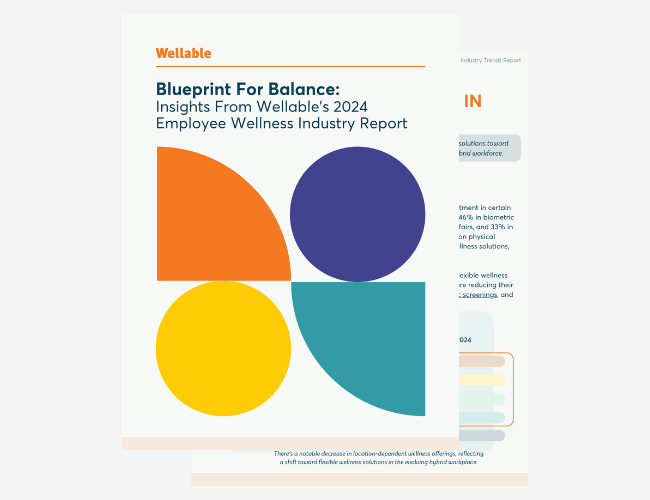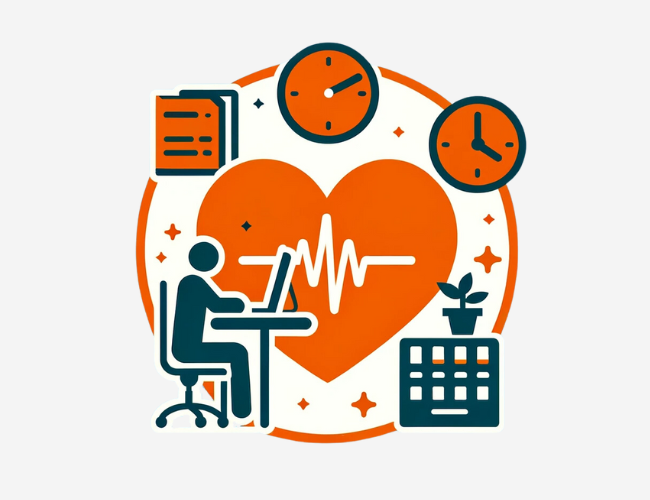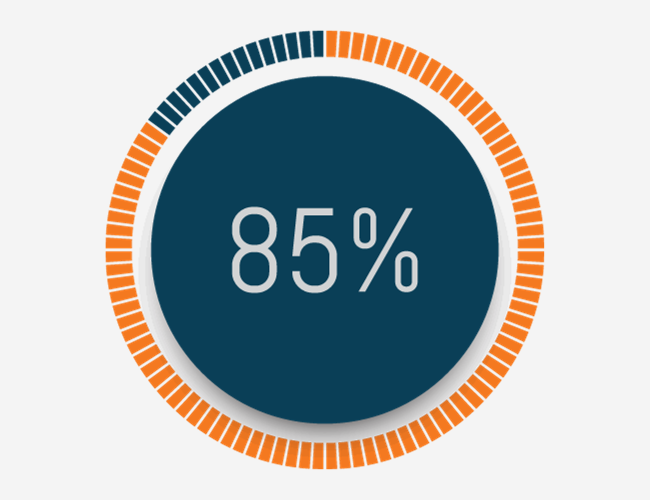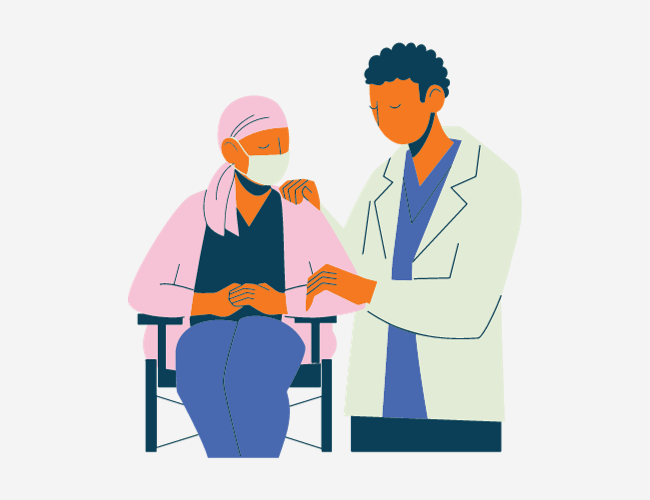With or without Theranos*, the belief that individuals can get healthier by having more tests and screenings is far from true. Although it seems natural to believe that finding a disease earlier provides more opportunity to treat and recover from that disease, screening more individuals does not lead to the results that people would expect. Science continues to show us that health and well-being is not that simple. Looking for disease through blood tests and other screenings is dangerous because the number of abnormalities is endless. These abnormalities do not provide much information, especially in asymptomatic individuals, which why science does not promote annual checkups for asymptomatic adults.
To demonstrate the risk of excessive screenings, FiveThirtyEight wrote a great article and created the exhibit below. “The effectiveness of screening for a given disease before signs and symptoms appear depends on a host of conditions, including whether there’s an effective treatment for whatever is found and whether people will fare better if they get treatment without waiting for symptoms. A successful screening test needs to be accurate, without too many false positives or false negatives.”
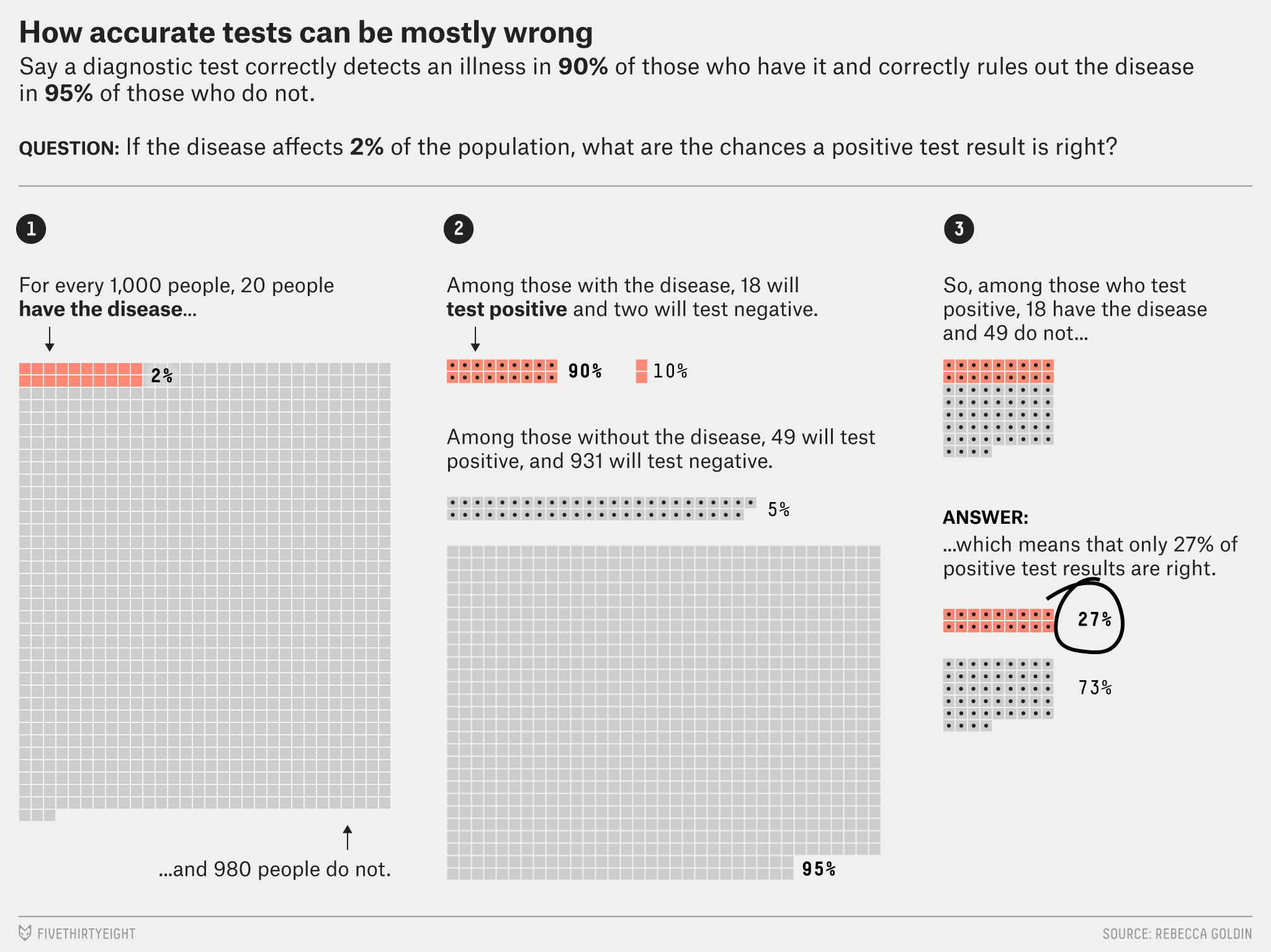
The exhibit above shows how easily tests can be wrong for a population. When combined with the fact that incorrect results could lead to harm from treatment, it is clear that excessive screenings, regardless of the cost, are a bad thing. Coupled with the costs, it should be even clearer for employers that they need to reduce, not increase, their screening programs.
*Theranos was a promising startup that said it could run a host of lab tests (including those for diabetes, high cholesterol, and prostate cancer) from just a few drops of blood taken from a finger. Its proprietary technology and lower prices, the company said, would democratize blood testing and encourage its use for routine health monitoring.





